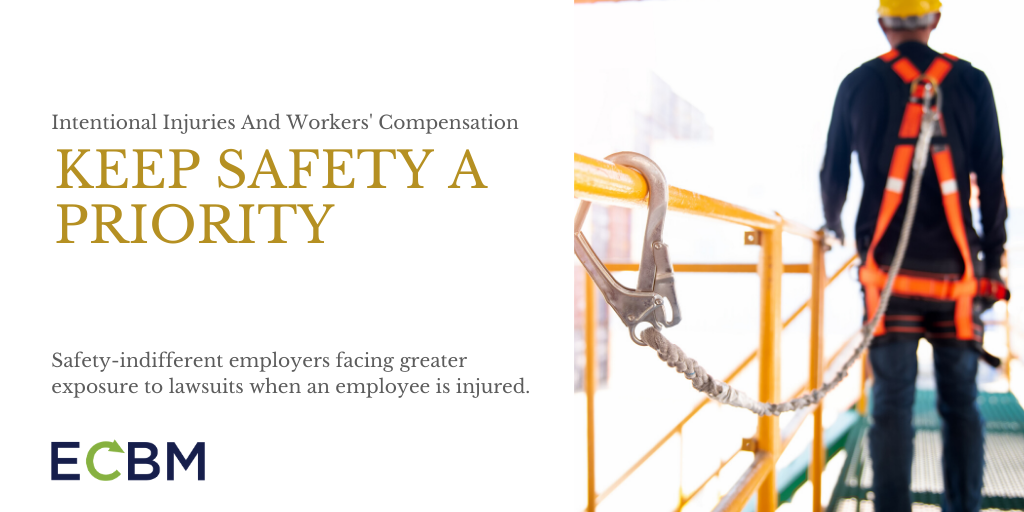
Workers compensation is often defined as an exclusive remedy for employees injured on the job. Like with all laws however, there are exceptions. Intentional injuries have long existed as one of those exceptions to the exclusive remedy rule for workers’ compensation. Now, a recent ruling by the Supreme Court of Oklahoma has the potential to substantially expand that exception, leaving certain safety-indifferent employers facing greater exposure to lawsuits when an employee is injured.
Danger At Work
Wells v. Oklahoma Roofing & Sheet Metal unfortunately involved a workplace fatality. A roofer fell to his death after being required by his employer to unhook his safety line while working on a project. The employer had previously been cited for violations related to insufficient fall protection systems. The deceased employee’s daughter attempted to sue the employer for damages outside the workers’ compensation system, alleging intentional torts committed by the employer.
Intentional Tort
Oklahoma’s worker compensation law, like many workers compensation laws in other states, stated that workers compensation was the exclusive remedy for employees injured by workplace accidents. Also like many other states, the Oklahoma workers’ compensation law contained an exception for intentional torts. The Oklahoma law defined an intentional tort as the “willful, deliberate, specific intent of the employer to cause such injury.” However, it also stated that knowledge that certain conduct was substantially certain to result in injury did not by itself make an employee’s injury an intentional tort.
Case Was Dismissed By District Court
When the deceased employee’s daughter sued the employer, the employer moved to dismiss the case. The employer argued that as the case fell within workers’ compensation statute, workers’ compensation was the employee’s exclusive remedy. The District Court agreed with the employer and dismissed the case, finding insufficient evidence of an intentional tort.
Practice and Premiums
In parsing the issue, the Oklahoma Supreme Court first referenced the common law which divided torts solely into injuries that resulted from accidents and those resulting from willful acts. From the Court’s perspective, workers’ compensation policies are meant to protect against accidents. It would violate public policy to allow employers to cause workplace injuries through intentionally shoddy safety practices and only suffer the consequences of increased insurance premiums. In this view, a company intends the natural and foreseeable consequences of its actions.
Safety Records Of Employers Shows Intent In Case
Applied to the case at hand, the Oklahoma Supreme Court found sufficient evidence to warrant putting the case before the jury. The employer at issue at a poor safety record and had been cited for the specific violation of workplace safety standards that led to the employee’s death. Even after the citation, the company had chosen not to act to fix the problem. From this evidence, a jury could infer that the employer had acted willfully, deliberately, and with intent to cause injury to an employee.
Key Takeaway For Safety And Risk Management For Businesses
The case stands as an example of how sufficiently bad safety practices can take cases outside of workers compensation and substantially increase the potential liability of the employer. Fighting the case in district court means the potential for punitive damages and the possibility that any judgment will not be covered by insurance.





